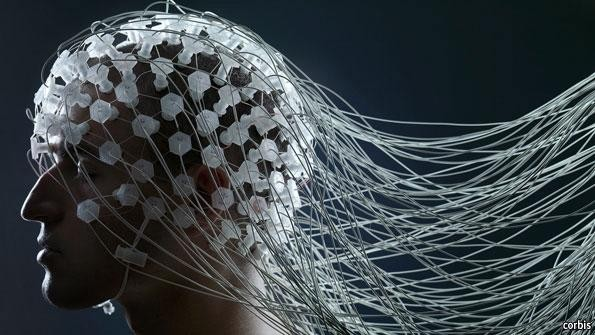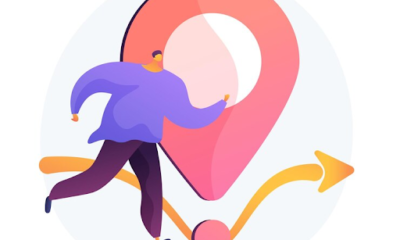How To
Top Ways Tech Has Rewired Your Brain

It is obvious tech today has transformed a lot, including human physiology. Technology is determining the way we dream, feel and think. It is affecting our memory, sleep cycles, and attention spans, attributed to neuroplasticity, a scientific phenomenon described as the ability of the brain to change its behavior as new experiences come up. In this particular case, new experiences are brought about by the rich information interactive technologies and the internet.
Experts on cognitive affairs have commended the tech effects on the human brain, admiring the way it has organized our lives, freeing our minds to think even much deeper. For some people, there is a fear technology is crippling our social lives, attention spans amidst making us impatient and less creative in a scenario where something is analog.
Lots of the opinion pieces and studies emerging today are seriously disputed amidst each of them bringing us much closer to comprehending the way technology has altered our cognitive abilities fundamentally. Here are several ways in which tech today has rewired your brain, positively and negatively.
Colored dreams
It has been observed over time that dreams are colored as per what people are watching. Research on those individuals who grew up watching black and white TV reported them as saying they had black and white dreams. Those who grew up in Technicolor have always dreamed in color, indicating our behavior even today.
The modern fear of missing out
Lots of people are suffering a lot of longing, irritation, inadequacy, and anxiety all blended while looking at social media in what is described as the fear of missing out. Today, Facebook and Instagram are posting posts and pictures of raging parties, and lots of videos of family and friends gulping booze, and scrumptious dinners. While these activities might not be what you would like to think of as fun, the result is a forlorn feeling that you should be doing something too.
Phantom phone rings
Research is indicating that people are hardwired today to think their phones are vibrating or ringing. People are now feeling these phantom vibrations characterized by a physical sensation of a ringing phone even when there is nothing like that. Phantom rings and vibrations might not be a bother but are quite freaky when they occur.
Acute insomnia
People today sleep with music in their ears, reading a chapter of a suspenseful story via the iPad, sleeping with a laptop on by the bedside, or a half-watched film on the iPhone. These nighttime comforts are becoming a must, but also affecting the average person’s sleep patterns. Smartphones, tablets, and laptops emit glowing light that interferes with the internal light patterns of the body and hormones that induce sleep, leading to insomnia. The eyes are sensitive to the emissions of blue light by laptop and Smartphone screens.
Poor attention span and memory
Back in the day people were expected to recite a whole book and entire poetic verses from memory. However, there is just about everything we need in Google today and no one is interested in retaining facts or cramming whole chapters in books. There is no need of memorizing the capital of Kazakhstan when Siri can retrieve it in seconds. Young people were found to be less likely to retain and remember general personal information, personal phone number, or the birthday of a relative.
Without the aid of GPS and Google Maps, it is hard for some people to navigate their towns and cities. Reading books and articles online is also hampered today as people spend lots of time on digital media. They are reduced to skimming through articles on the web as compared to reading each word.


































